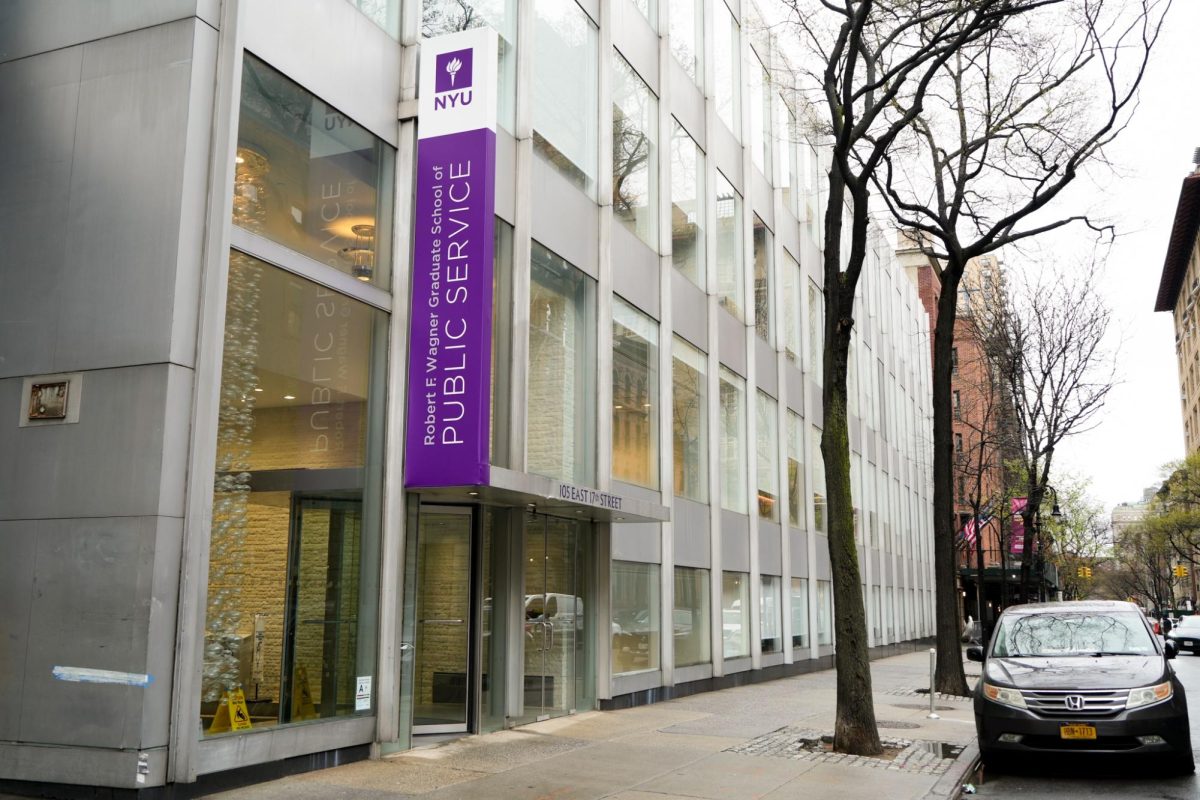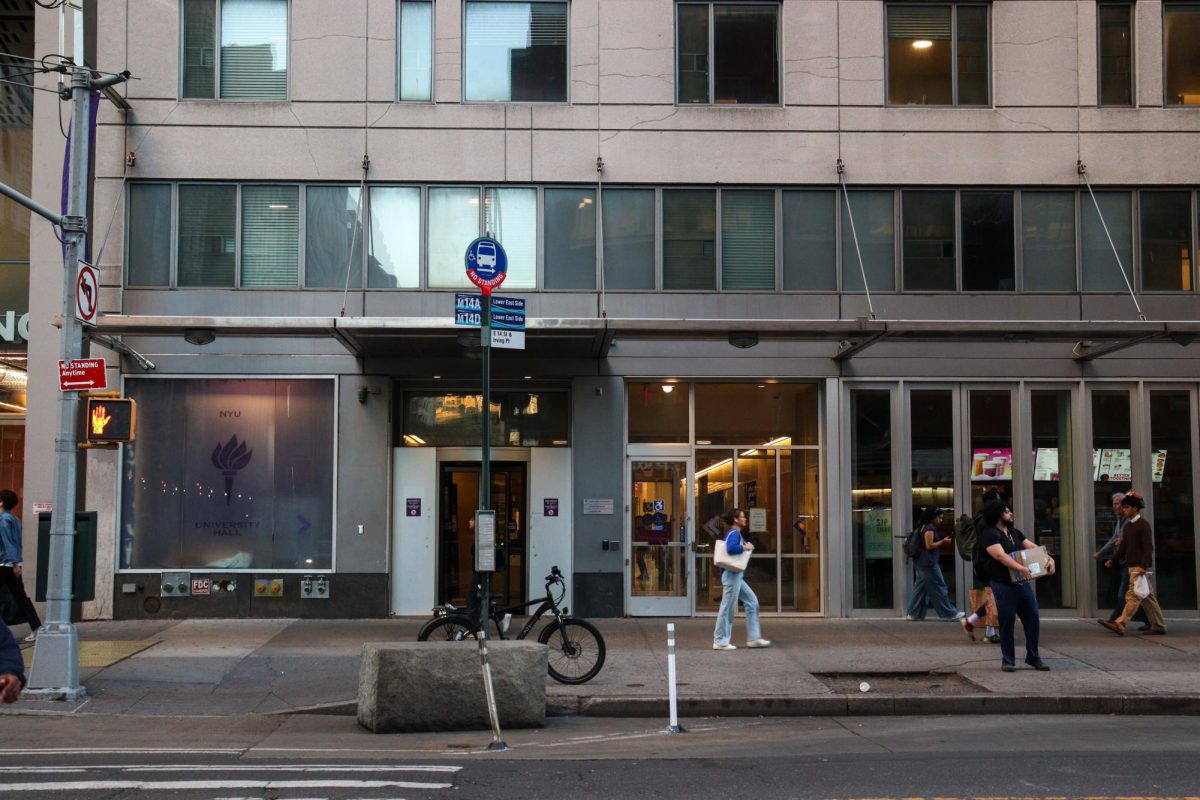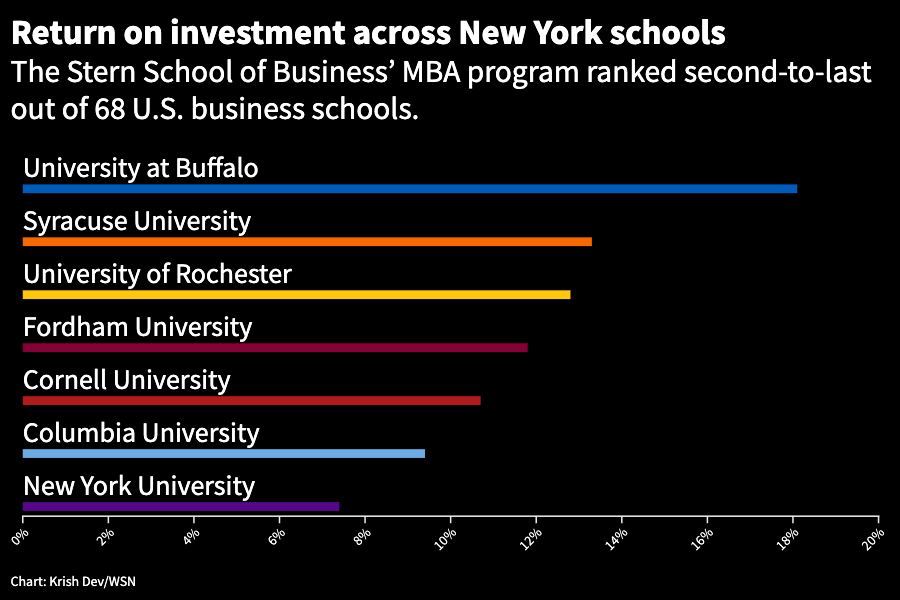All Clubs Matter
February 7, 2018
As NYU students, we have over 300 clubs on our campus. However, clubs centered around social purposes and nationalities garner the most attention and have the largest number of members. Intimate, smaller clubs — many of which cater to niche interests — are often overlooked, with declining attendance as the semester progresses. As a student who has dipped his toe into both types of clubs, here’s some advice: don’t skip the smaller clubs. These clubs are just as valuable when it comes to bonding and looking for a social niche. In fact, their small size might lead to a more intimate experience because of how close people grow with each other. One of these clubs might end up being the centerpiece of your college experience.
Clubs of radically different sizes vary for multiple reasons. The most important factor that determines a club’s size is the number of people that can relate to the club’s mission. The largest clubs are often cultural clubs, such as NYU’s Black Student Union, because any student who self-identifies or is interested in that cultural identity can join the club, despite their other interests. The Taiwanese American Student Society, for example, usually hosts events in the Kimmel Center for University Life’s most spacious rooms.
Interest-based clubs are typically less lucky. They unite students of a certain niche interest, and for that reason, their membership numbers may be low because fewer people are interested. Moreover, these clubs typically have less publicity and funding available. For example, their primary advertising outlet is usually an email list from Club Fest, where eager students sign up for as many clubs as possible and later ignore the influx of Club Fest emails. While larger clubs use Facebook pages to communicate with their members, smaller clubs struggle to even develop a social media presence after being discouraged by the wasted time and effort put into email newsletters sent to uninterested students.
It is easier for larger clubs to create hype and encourage group activities because of their sheer size. On the other hand, smaller clubs have some distinctive advantages for those who want to socialize. For some, smaller settings are less daunting and provide an easier time making connections with likeminded people. Many of these small clubs could house students of similar areas of study or in the same field of work after graduation. From here, students can use these smaller clubs as a way to network. Fostering a close group of friends in the same field can mean a lot, as the common shared identity transcends beyond college days into real life — it is a group of friends that won’t easily break apart.
Even though smaller club gatherings are not as rowdy or fun, it does not mean you should ignore them. Instead, keep an open mind, attend some meetings and embrace their advantages.
Opinions expressed on the editorial pages are not necessarily those of WSN, and our publication of opinions is not an endorsement of them.
Email Wayne Chen at [email protected].


























































































































































